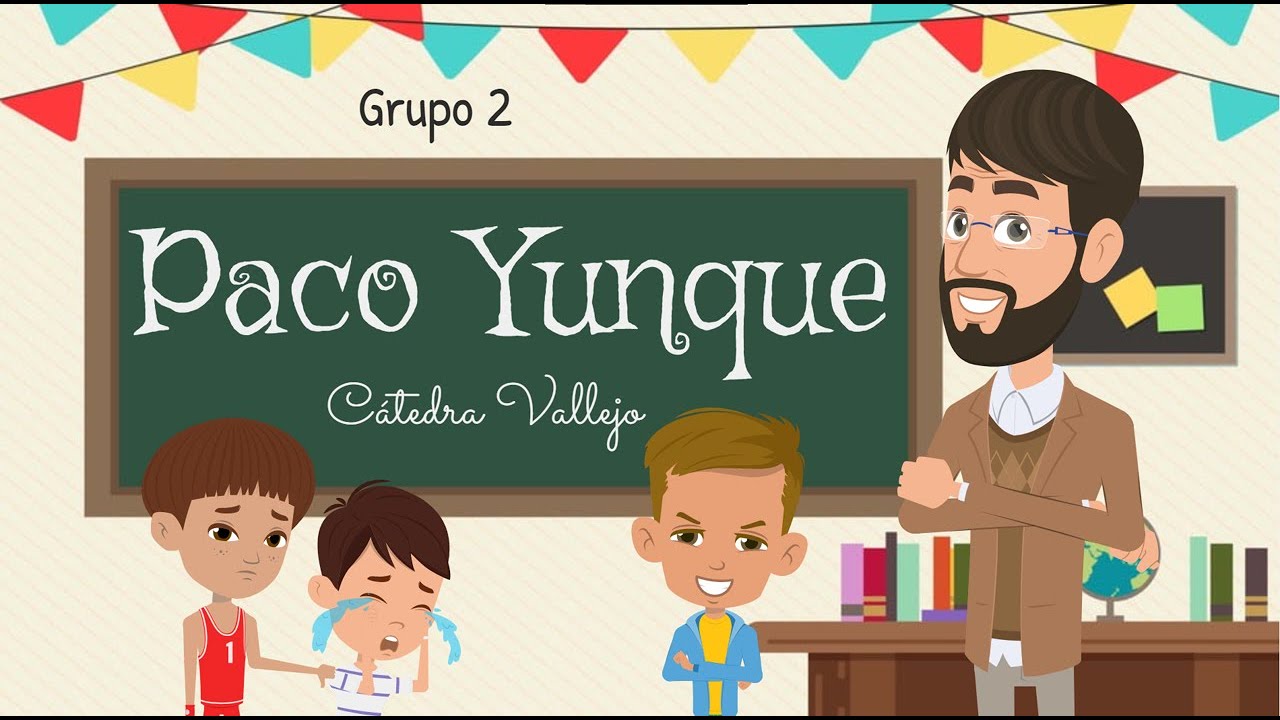School Segregation: Last Week Tonight with John Oliver (HBO)
Summary
TLDRThe video script tackles the persistent issue of school segregation in the U.S., highlighting that despite societal diversity, racial segregation in schools has increased. It points out the irony that New York State, not the South, is now the most segregated, challenging common misconceptions. The script discusses the academic and social disparities caused by segregation, the historical context of desegregation efforts, and the complex reactions they elicited. It emphasizes the importance of proactive measures for integration, noting the benefits for all students involved, and concludes by urging the audience to consider the long-term impacts of segregated education on society.
Takeaways
- 🏫 School segregation remains a significant issue in the U.S., with the number of racially homogenous schools more than doubling in the past 20 years.
- 📚 Contrary to common assumptions, the South is not the most segregated region for black students; New York State holds that distinction.
- 👧👦 Segregation affects educational quality, as black and Latino children are more likely to attend schools with less experienced teachers and fewer resources.
- 🎓 The principle that 'separate educational facilities are inherently unequal' from Brown v. Board of Education is still relevant today.
- 🔍 The 1964 Civil Rights Act inadvertently allowed for continued segregation in the North due to exemptions for 'racial imbalance' not caused by law.
- 🗽 New York City's segregated schools are a legacy of racially biased housing policies and a lack of true integration efforts.
- 🚌 Desegregation efforts have faced backlash and legal challenges, leading to a resurgence of school segregation in some areas.
- 📉 Desegregation has been shown to have long-term benefits, including improved graduation rates and reduced incarceration rates for African Americans.
- 👀 Exposure to diverse environments from an early age is crucial for combating racial bias and fostering understanding among children.
- 🌐 Systemic racism is not solved by the election of high-profile individuals like President Obama; it requires ongoing, proactive measures.
- 🔄 Even successful desegregation models, like in Charlotte, North Carolina, can be undone by legal challenges and societal resistance.
Q & A
What is the main issue discussed in the script?
-The main issue discussed in the script is school segregation, particularly the rise in racial segregation in schools over the past 20 years.
According to the script, which region in the U.S. is the least segregated for black students?
-The script states that the South is the least segregated region for black students, contrary to common perceptions.
Why is New York State considered the most segregated system in America?
-New York State is considered the most segregated system in America due to the high level of racial segregation in its schools, largely influenced by New York City's school system.
What is the historical context behind the 1964 Civil Rights Act's exemption for northern schools?
-The 1964 Civil Rights Act was crafted by northern lawmakers to target segregation by law in the South, but it exempted the racial imbalance of northern schools, which often resulted from racist housing policies.
What was the impact of desegregation on schools that received white students?
-The script mentions that when white students were integrated into schools, resources often followed, leading to immediate improvements in facilities and funding.
How did the desegregation of Charlotte, North Carolina initially fare?
-Initially, desegregation in Charlotte was effective, with a significant reduction in the percentage of Latino and black children attending racially isolated schools by the end of the 1980s.
What event led to the reversal of desegregation in Charlotte?
-The reversal of desegregation in Charlotte was triggered by a lawsuit filed by a white parent whose daughter was not admitted to a magnet school, leading to a federal judge ruling in his favor and dismantling the desegregation plan.
What misconception does the script suggest is associated with electing an African-American president?
-The script suggests that the misconception is that electing an African-American president, such as Barack Obama, signifies that systemic racism has been resolved.
What are some of the long-term benefits of desegregation mentioned in the script?
-The script mentions that blacks who attended desegregated schools were more likely to graduate, less likely to be incarcerated as adults, and their children also fared better.
How does the script illustrate the importance of exposure to diversity at a young age?
-The script uses examples of children's reactions to racial bias tests and a second grader's school project to illustrate the importance of early exposure to diversity for combating stereotypes and misconceptions.
What are some of the current efforts mentioned in the script to address school segregation?
-The script mentions voluntary programs in Boston to send city kids to suburban schools and a complex school assignment formula in Louisville aimed at creating more integrated schools.
Outlines

This section is available to paid users only. Please upgrade to access this part.
Upgrade NowMindmap

This section is available to paid users only. Please upgrade to access this part.
Upgrade NowKeywords

This section is available to paid users only. Please upgrade to access this part.
Upgrade NowHighlights

This section is available to paid users only. Please upgrade to access this part.
Upgrade NowTranscripts

This section is available to paid users only. Please upgrade to access this part.
Upgrade Now5.0 / 5 (0 votes)





